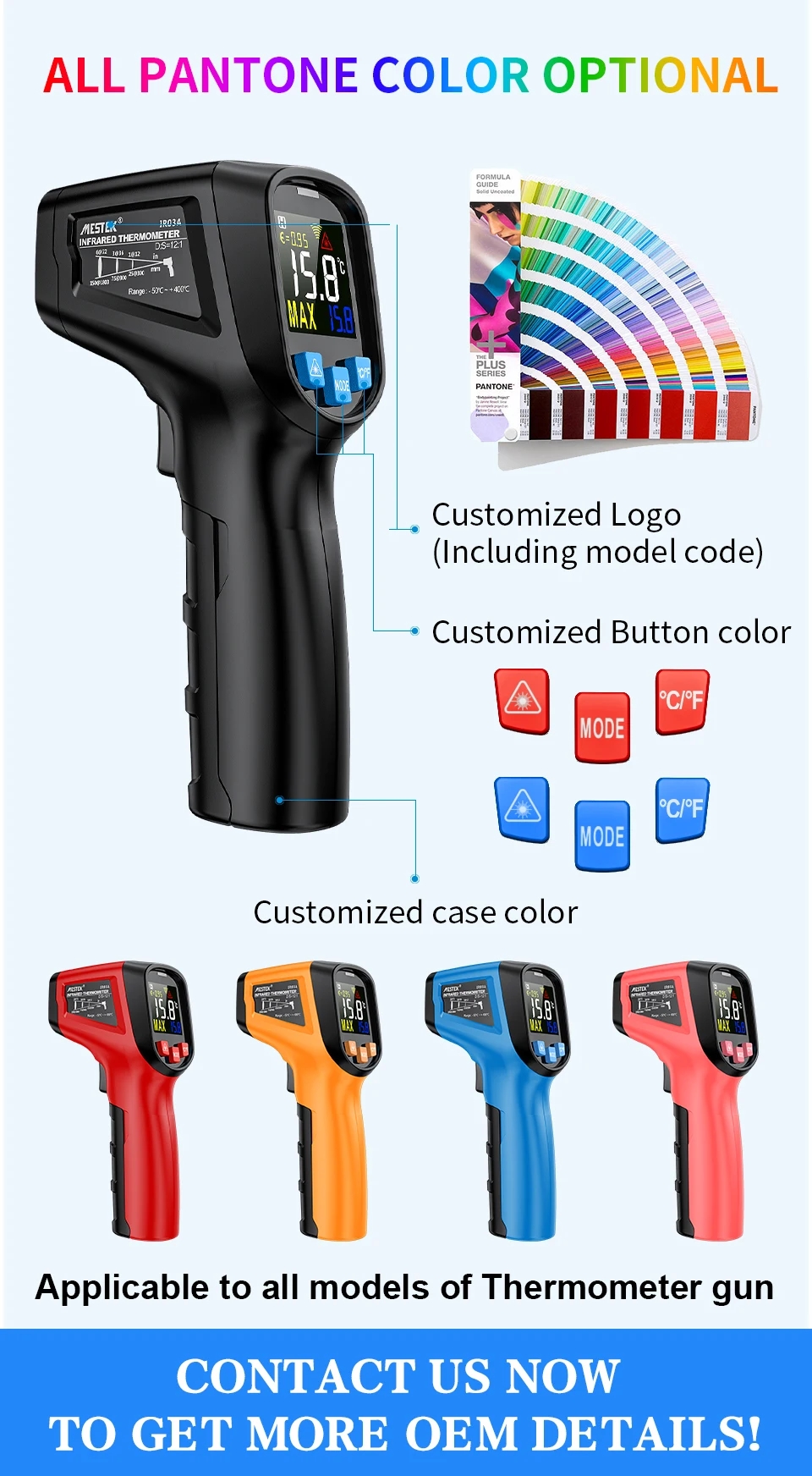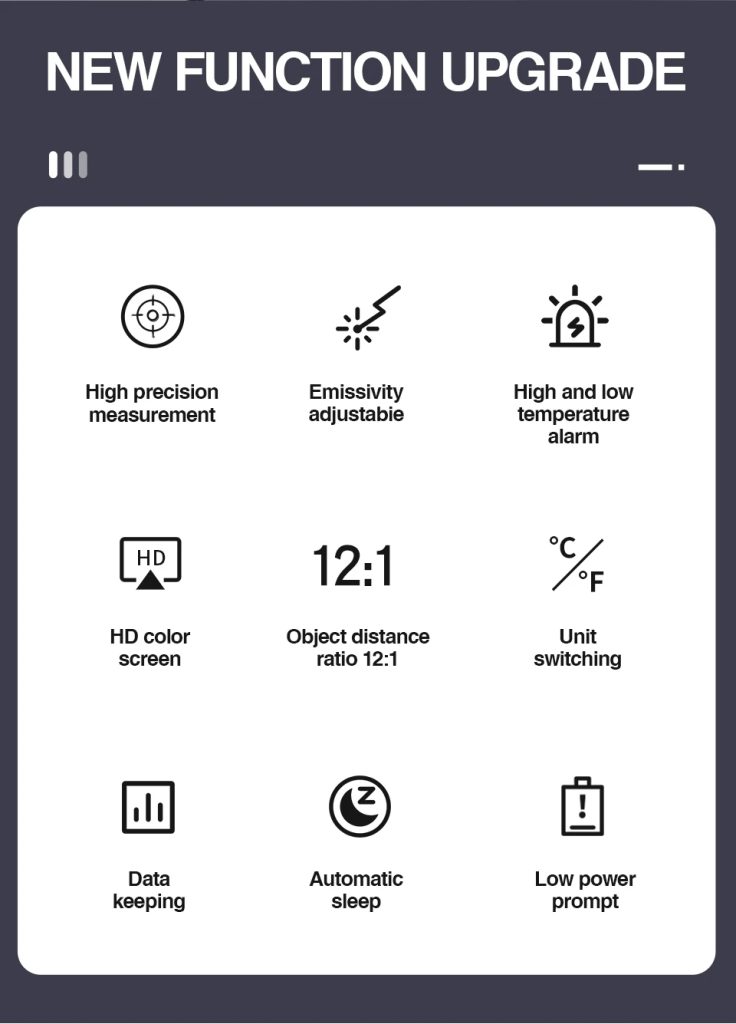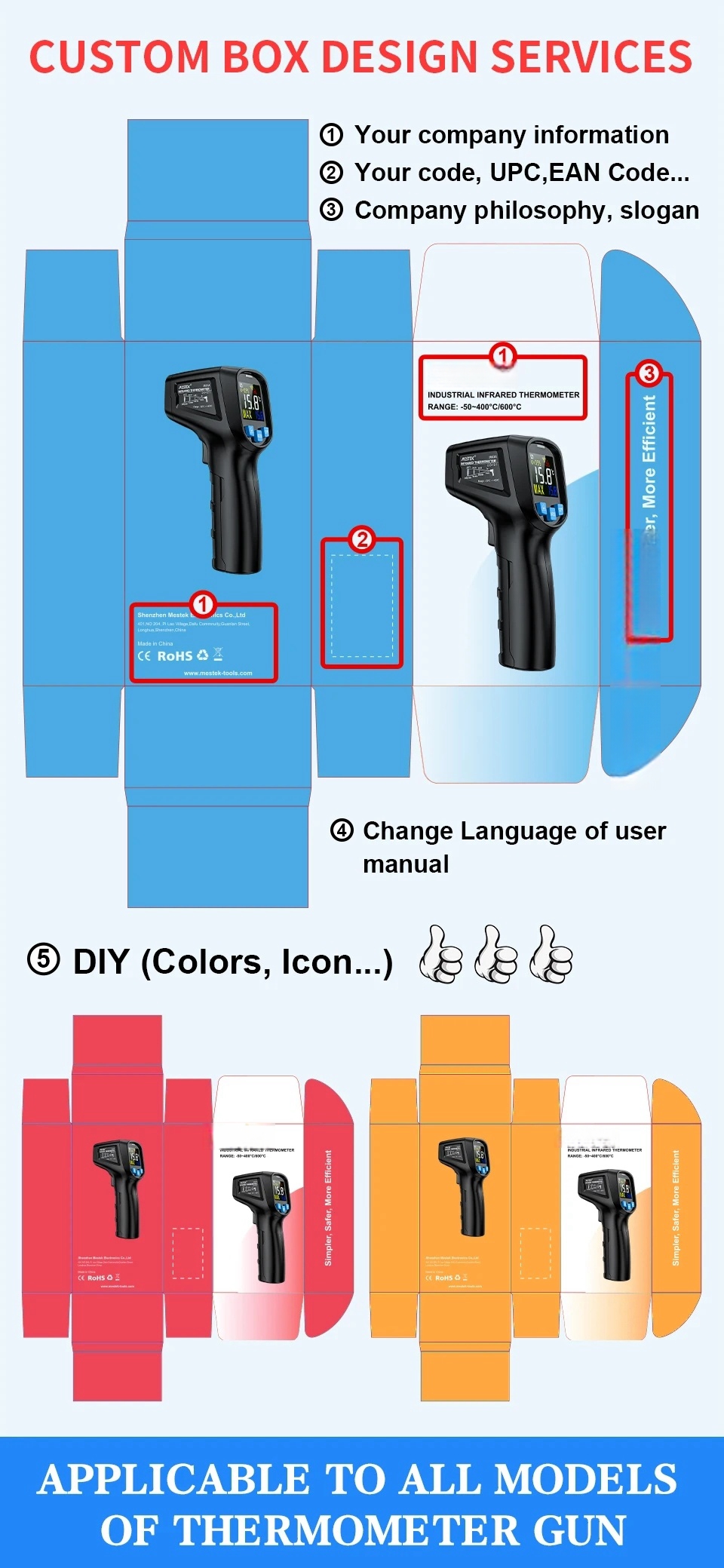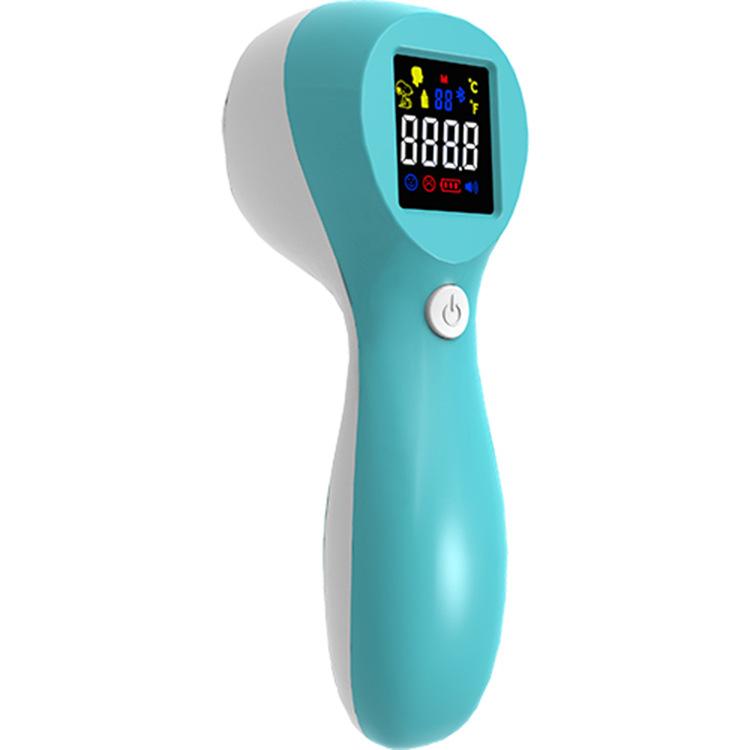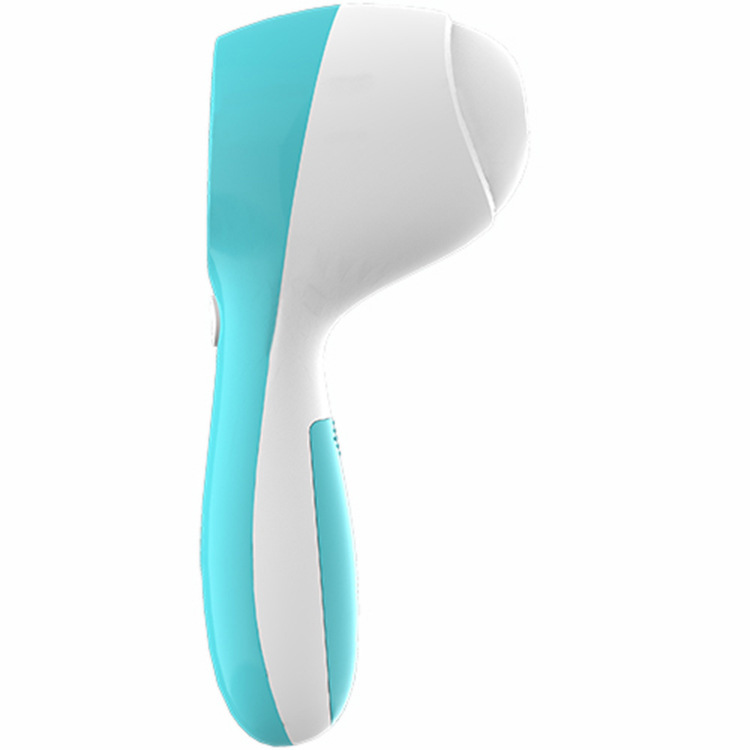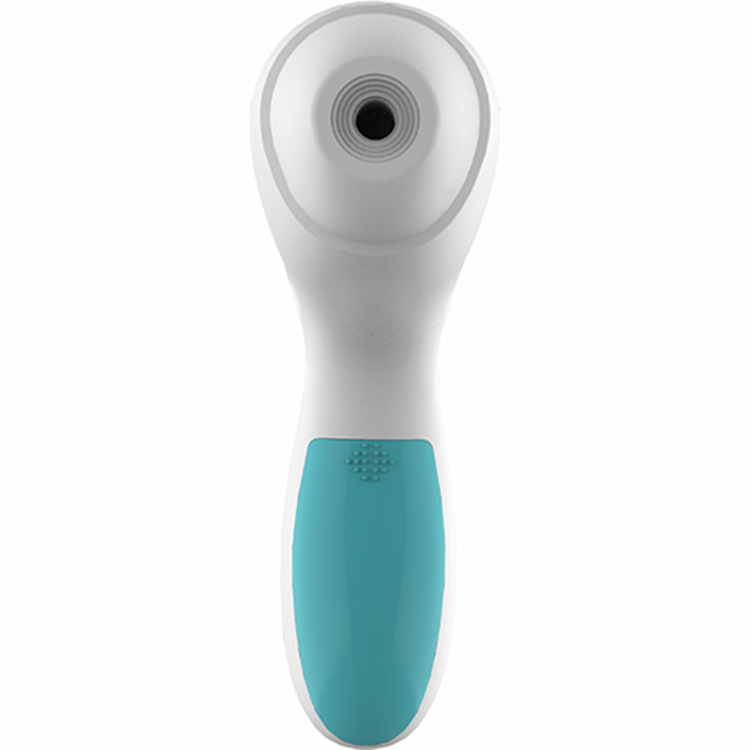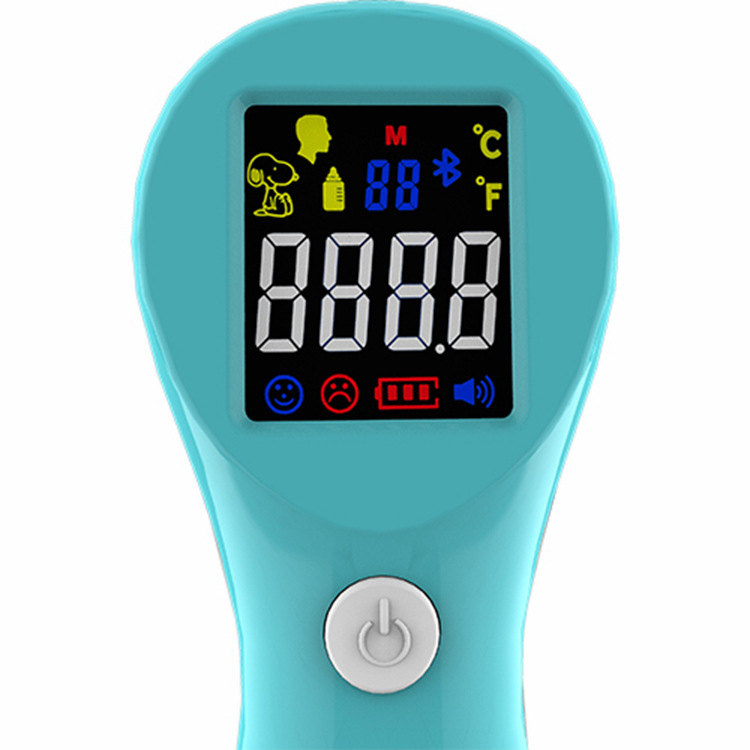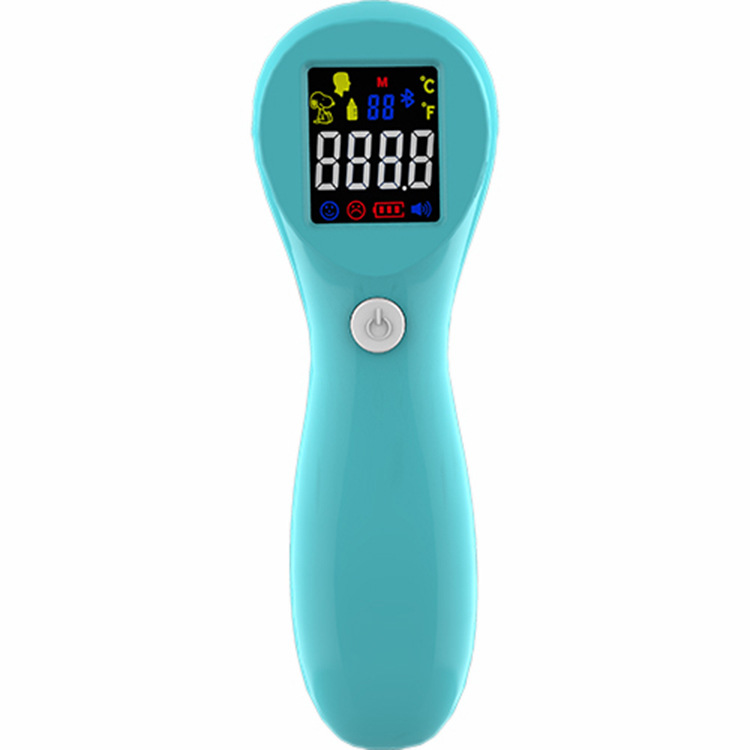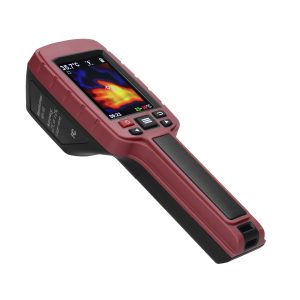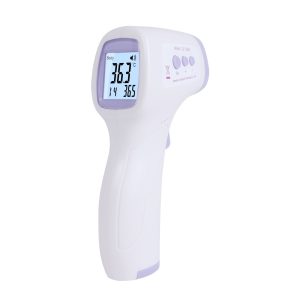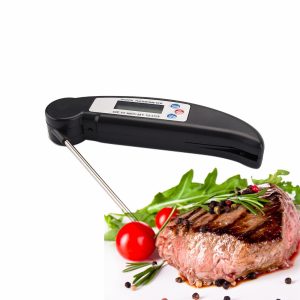The infrared thermometer, a groundbreaking innovation in temperature measurement, was introduced as a non-contact, fast, and accurate means of measuring temperature. This device detects infrared energy emitted from an object, converting it into a temperature reading without physically touching the object.
Operating on the principle of thermal radiation, it utilizes a lens to focus infrared light onto a detector, which then converts the energy into an electrical signal. The emitted infrared energy is proportional to the object’s temperature, allowing the device to calculate the temperature based on the received signal.
Infrared thermometers offer several advantages: they provide quick readings (often in seconds), eliminate the need for direct contact with the measured object, and can measure temperatures across various surfaces, including liquids, solids, and gases. They are widely used in industries such as food handling, automotive, manufacturing, and healthcare.
Additionally, these thermometers come in various forms, including handheld, ear (tympanic), and forehead (temporal artery) models, each designed for specific applications. Handheld infrared thermometers are versatile and used in diverse settings, while ear and forehead models cater to medical applications, providing rapid and hygienic temperature assessments.
Their non-invasive nature, accuracy, and rapid readings have made infrared thermometers indispensable in fields requiring quick and contactless temperature measurements, offering a safer and more convenient alternative to traditional thermometers in many situations.
